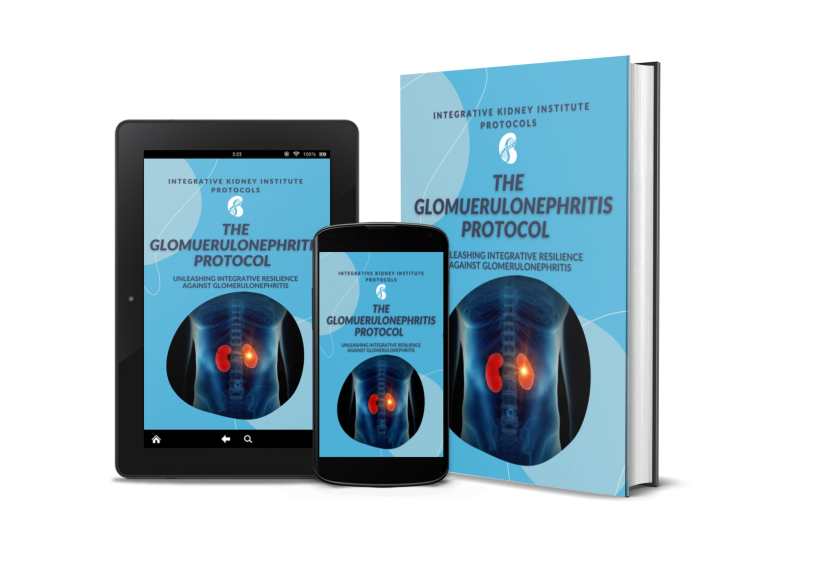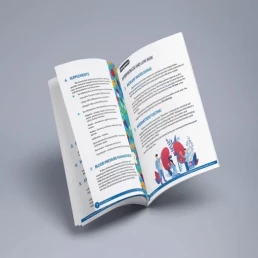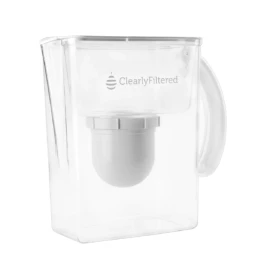Chronic Kidney Disease (CKD) alters the body’s ability to filter waste and excess fluids, leading to an accumulation of harmful substances. As a result, many CKD patients experience stomach issues, which often necessitate the use of certain medications. However, it’s critical to understand the precautions associated with different stomach medications, such as Proton Pump Inhibitors (PPIs), Histamine-2 Blockers (H2Bs), antacids, Sucralfate, Pepto Bismol and Alka-Seltzer.
By Majd Isreb, MD, FACP, FASN, IFMCP
Stomach Medications in CKD
Frequently I am confronted with improper use of various stomach medications in patients with chronic kidney disease. Many of these medications are associated with adverse outcomes in these patients. In this blog, I will discuss most of these medications along with their potential side effects in kidney patients.
Proton Pump Inhibitors – the most commonly used stomach medications
PPIs, like Omeprazole, Pantoprazole, and Lansoprazole, are often used to manage acid reflux and peptic ulcers by decreasing stomach acid production. However, prolonged use may lead to an increased risk of CKD and hasten its progression. PPIs could also induce hypomagnesemia (low blood magnesium level), an exacerbating factor for kidney issues. This blog discussed the full spectrum of PPIs’ effects on the kidneys. Using this wean protocol, you can also learn how to safely wean from PPIs.
Join us to end the kidney disease epidemic and receive the FREE Report “5 Pitfalls to Avoid When Caring for Kidney Patients”
Histamine-2 Blockers
H2Bs, such as Ranitidine, Famotidine, and Cimetidine, are generally safer for CKD patients. Still, some can interfere with the kidneys’ ability to excrete creatinine through the tubules. This effect is limited to Cimetidine, though. In fact, Cimetidine has been used to accurately measure creatinine clearance (and glomerular filtration rate). Adjusting the dose of these medications in advanced kidney disease is required to avoid toxicity.
Antacids
Antacids, like Tums and Rolaids, are often used as quick relief from heartburn or indigestion. However, some antacids contain aluminum, which can accumulate and lead to toxicity in CKD patients due to their diminished ability to filter these minerals. Such toxicity can result in bone diseases, anemia, cognitive disorders, liver toxicity, and acute kidney injury. Excessive use of calcium-containing antiacids has also been linked to episodes of acute kidney injury.
Sucralfate
Sucralfate, which forms a protective coating over ulcers, contains 21% aluminum by weight. This can accumulate in CKD patients, leading to aluminum toxicity. Furthermore, it can cause constipation and interfere with the absorption of certain medications, like Levothyroxine, commonly prescribed for thyroid issues in CKD patients.
Alka-Seltzer
Alka-Seltzer, used for temporary relief from heartburn and indigestion, contains sodium bicarbonate and aspirin. Each tablet contains 325 mg of Aspirin, 1916 mg of sodium bicarbonate (567 mg of sodium), and 1000 mg of citric acid. Therefore, it is easy to understand that excessive use of Alka-Seltzer can lead to acute kidney injury. Furthermore, high sodium intake from this antiacid can increase blood pressure. Excessive intake can also lead to metabolic alkalosis (increased blood alkalinity), which can cause irregular heart rhythms and death. Therefore, CKD patients should avoid Alka-Seltzer or use it under close medical supervision.
Bismuth
Bismuth is often used for heartburn, acid reflux, “indigestion,” diarrhea, and nausea. The active ingredient is called Bismuth Subsalicylate. The salicylate part of the drug is completely absorbed, while bismuth is not. Bismuth acts in the gut as a bactericidal that also promotes mucosal healing. Each tablet of Pepto-Bismol contains 99 mg of salicylate and 27 mg of calcium. Bismuth compounds have been found to be toxic to the kidneys in a dose-dependent manner. Therefore, bismuth should be used very cautiously in patients with kidney disease.
Natural and Supplement Alternatives
Natural alternatives and supplements can help manage stomach issues without harming kidney health. For example, dietary changes, like eating smaller, more frequent meals, can help manage acid reflux. Supplements like probiotics can improve gut health and reduce gastrointestinal symptoms. Additionally, herbal remedies, such as slippery elm, DGL, chamomile, and marshmallow root, have traditionally been used to soothe stomach issues. However, natural remedies and supplements should be discussed with an Integrative healthcare provider, as some herbs can interact with medications and affect kidney function.
Join us to end the kidney disease epidemic and receive the FREE Report “5 Pitfalls to Avoid When Caring for Kidney Patients”
The Bottom Line
Managing CKD involves carefully considering every medication, given their potential impact on kidney health. While stomach medications can offer relief, their use must be carefully monitored to prevent further kidney damage. Discuss all medication regimens, including natural alternatives, with an Integrative healthcare provider to ensure they’re safe and beneficial. Regular monitoring, informed choices, and open communication are key to managing CKD and associated stomach issues effectively.







